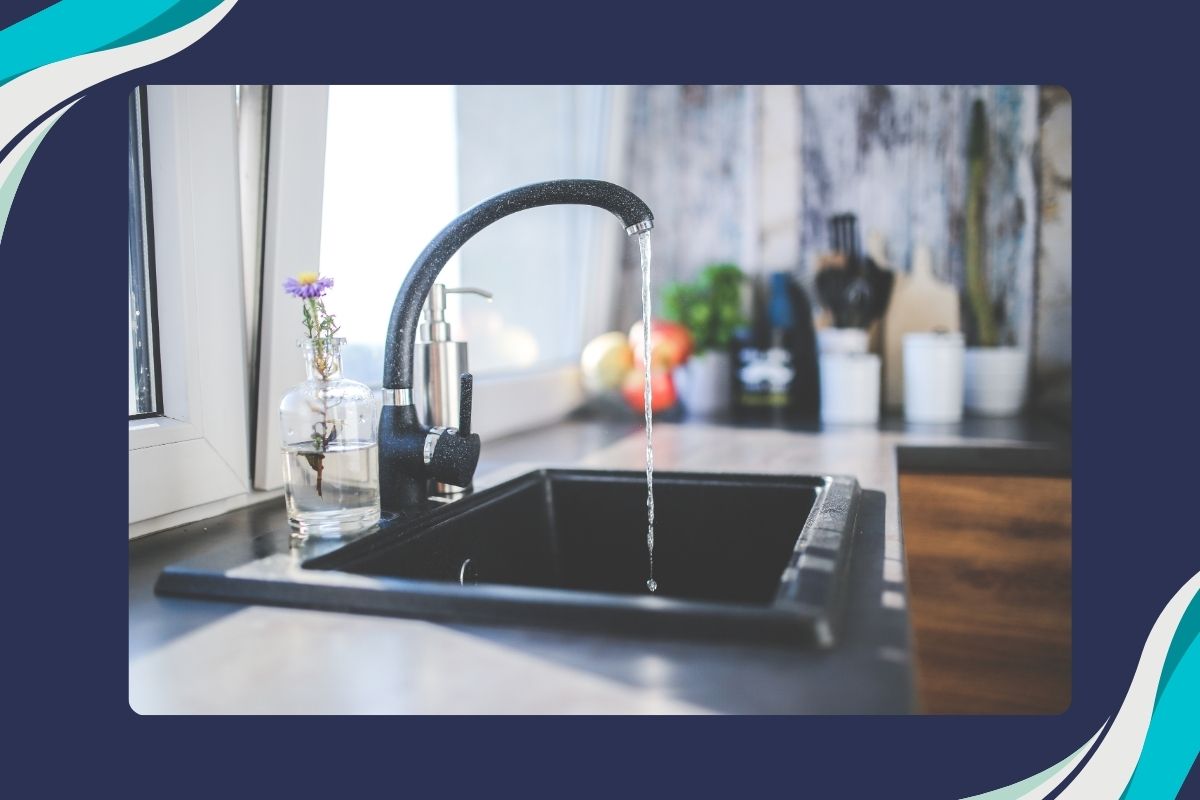Ways to Prevent Water Damage in Your Home
With home maintenance, there are many things that we just don’t think about until the moment something goes wrong. One of those things is water damage. Water damage can be sneaky, and it almost always catches people off guard.
Fortunately, there are several ways you can prevent water damage and fix it if it happens in your home. Let’s look at some of them.
Tips to Prevent Water Damage
Here are five tips to prevent water damage in your home:
Repair Your Drainage System and Check for Cracks
If you have a drainage system or a sump pump in your house, ensure that it’s in good working order. If you don’t know how to test it, there are a couple of things you can look for to see if it’s working correctly.
First, check for any cracks. Cracks and holes in your drainage system can let water back into your house through the system. The second thing you can check for is clogs. If there’s a lot of debris in the drainage system, it may clog and cause water to back up into your house, which is just as bad as having no system.
Finally, check the water level in your sump pump. If the water level is too high, you’ll want to clear it out or change the pump.
Make Sure Your Toilets are Flushable
While we’re on the topic of plumbing, it’s essential to make sure that all of your toilets are flushable. While this sounds silly, it is a common cause of water damage in homes. So make sure that your toilets are flushing properly.
You can also install a toilet tank ball to prevent clogs and water damage caused by poorly functioning toilets. A toilet tank ball is a small device installed in the toilet’s tank. It prevents foreign objects from entering the toilet, helping you prevent water damage caused by clogs and overflows. Tank balls can help you keep your toilet clear of foreign objects and run smoothly, saving you time and money.
Install a Water Detection System
If you want to be sure that you catch any leaks before they do too much damage, invest in a water detection system. A water detection system will monitor your home for water and alert you if it detects any. Some water detection systems can shut off any water sources in your house, which is extremely helpful if you catch a leak early.
In addition, you’re less likely to experience significant water damage if you have a water detection system. If you don’t have a water detection system installed in your home, it’s good to talk with an electrician to see if you can get one installed.
Check Your Roof and Make Sure It Doesn’t Leak
Your roof is one of the most important checks you should make when checking for water damage. It’s also one of the easiest things to inspect for leaks. All you have to do is walk around your home and look up. If you see spots that have discoloration or peeling paint, it may be a sign that your roof is leaky.
Look in places where a roof might leak, including around vents, gutters, and other appliances. Inside your home, you can also look for discoloration or peeling paint on the ceilings.
Fix Any Windows or Doors That Leak
If you notice that a door or window leaks in your house, you’re going to want to get it fixed as soon as possible. Water damage can quickly become a significant problem if you let it go for too long. If you notice that a door or window is letting in a lot of water, there are a few simple things that you can do to fix it.
First, you’ll want to clean off the frame and check for any peeling paint or rust. If you notice either of these, you will want to replace them or seal them up. You can also try to caulk the frame where it meets the wall, and if the leak is coming in through the bottom of the door, you can place a seal underneath it. While these things may not solve the problem completely, they will at least slow the water down so that it doesn’t cause as much damage to your home.
Get Your House Insured in Case Water Damage Affects Your Home
Another important way to proactively respond to water damage is to make sure you have insurance to cover any damage that may occur in your house. If your home has severe water damage, it may not be worth repairing and must be torn down and rebuilt.
Having proper insurance can help you with the costs of replacing your house if water damage causes too much damage. If the damage isn’t critical, homeowners insurance can also help cover your house’s repair and restoration costs if it has been affected by water damage. However, for flooding, and the subsequent water damage, you’re going to need flood insurance.
You can get help choosing the right personal insurance with one of our agents.
Follow Our Tips to Prevent Water Damage
Water damage can sneak up on you, whether you live in the driest place on earth or live near water. But, you can prevent it by taking some time each month to check your house for any problems that might be present.
Follow our tips, and you’ll be well on your way to preventing water damage in your home for years to come!
